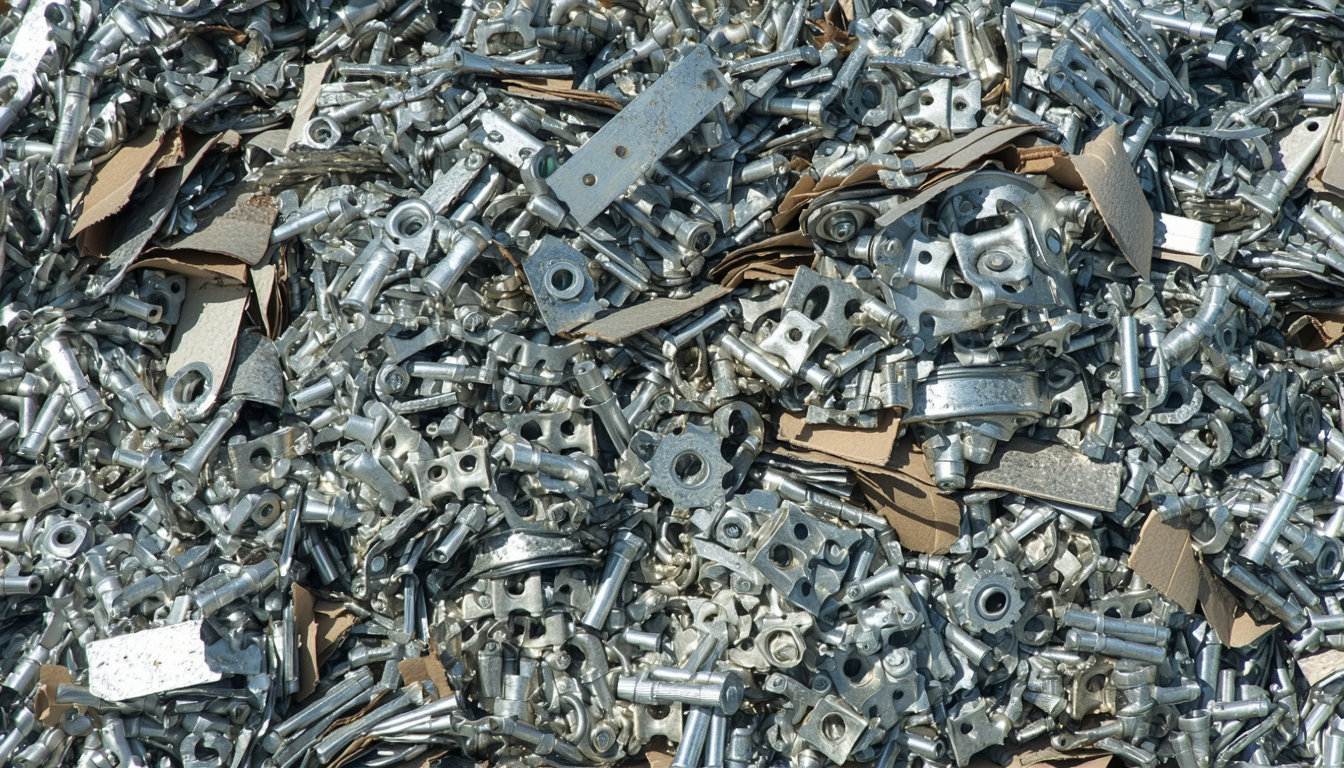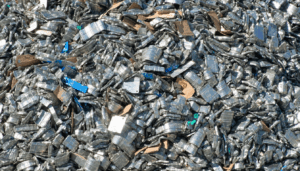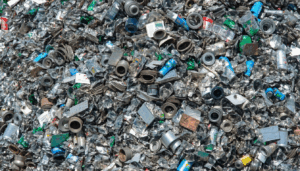Introduction
In the heart of North Carolina, Asheville metal recycling has emerged as a vital component of the region’s sustainability efforts and economic growth. As environmental concerns mount and the demand for recycled materials rises, local businesses and residents are increasingly turning to metal recycling to reduce waste and conserve resources. This article explores the latest developments in Asheville’s metal recycling sector, highlighting key trends, economic impacts, and future prospects. From innovative technologies to community initiatives, we uncover how this industry is shaping a greener future for the United States.
The Rise of Asheville Metal Recycling
Asheville, known for its vibrant arts scene and scenic beauty, is also becoming a hub for sustainable practices, with metal recycling at the forefront. Local recycling centers have reported a significant uptick in scrap metal collections over the past five years. According to data from the North Carolina Department of Environmental Quality, the state recycled over 1.2 million tons of scrap metal in 2022, with Asheville contributing a substantial share through its numerous facilities.
This growth is driven by heightened awareness of environmental issues and stricter regulations on waste management. Businesses in construction, manufacturing, and automotive sectors are partnering with recycling firms to manage their metal waste responsibly. The result is a thriving ecosystem that not only reduces landfill use but also supplies raw materials for industries nationwide.
Economic Impact on Local Communities
The economic benefits of Asheville metal recycling are undeniable. Recycling centers in the area employ hundreds of workers, from sorters and machine operators to logistics coordinators. A 2023 report by the Institute of Scrap Recycling Industries (ISRI) estimates that the recycling sector contributes over $2 billion annually to North Carolina’s economy, with Asheville playing a pivotal role.
Small businesses and individual scrappers also benefit by selling scrap metals like aluminum, copper, and steel at competitive rates. “The recycling industry provides a steady income stream for many families here,” says John Carter, manager of Asheville Scrap Metal Solutions. “It’s a win-win—people earn money while helping the environment.”
Technological Innovations Driving Efficiency
Innovation is transforming Asheville metal recycling, making processes faster and more efficient. Advanced sorting technologies, such as automated shredders and magnetic separators, have improved the accuracy of separating ferrous and non-ferrous metals. Some local facilities have adopted AI-driven systems to identify and categorize materials with minimal human intervention.
These advancements reduce operational costs and increase the volume of recyclable materials processed daily. For instance, one prominent Asheville facility reported a 30% increase in throughput after installing new sorting equipment in early 2023. Such progress ensures that more metal is diverted from landfills and reintroduced into the production cycle.
Environmental Benefits and Challenges
Metal recycling in Asheville offers significant environmental advantages. Recycling one ton of steel conserves 2,500 pounds of iron ore, 1,400 pounds of coal, and 120 pounds of limestone, according to the Environmental Protection Agency (EPA). By prioritizing recycling, Asheville helps lower greenhouse gas emissions and conserve natural resources.
However, challenges remain. Contamination of scrap metal with hazardous materials can complicate processing, while fluctuating global metal prices affect profitability. Industry leaders are advocating for better public education on proper disposal practices to address these issues.
Future Outlook for Asheville Metal Recycling
Looking ahead, the future of Asheville metal recycling appears promising yet complex. With federal and state governments pushing for circular economy models, there’s potential for increased funding and incentives for recycling programs. Experts predict that by 2030, the U.S. recycling industry could grow by 25%, with regions like Asheville leading the charge through community-driven initiatives.
On the flip side, stakeholders must navigate regulatory changes and market volatility. Balancing economic viability with environmental goals will be key. As Jane Thompson, an environmental consultant based in North Carolina, notes, “Collaboration between policymakers, businesses, and residents will determine how far we can take sustainable recycling practices.”
Conclusion
Asheville metal recycling stands as a beacon of sustainability and economic opportunity in North Carolina. From creating jobs to conserving resources, its impact resonates across local communities and beyond. While challenges like contamination and market fluctuations persist, technological advancements and growing public support offer hope for a robust future. As this industry evolves, Asheville remains poised to lead by example, proving that environmental responsibility and economic growth can go hand in hand.
Frequently Asked Questions (FAQ)
- What types of metals can be recycled in Asheville?
Most facilities accept common metals like aluminum, copper, brass, steel, and iron. Contact local centers for specific guidelines on accepted materials. - How does metal recycling benefit the environment?
It reduces landfill waste, conserves natural resources, and lowers energy consumption compared to producing new metals from raw ore. - Where can I find metal recycling centers in Asheville?
Numerous facilities operate throughout the city. Check online directories or visit the City of Asheville’s website for a list of certified recyclers. - Are there financial incentives for recycling metal in Asheville?
Yes, individuals and businesses can earn money by selling scrap metal at competitive market rates offered by local recycling centers.





